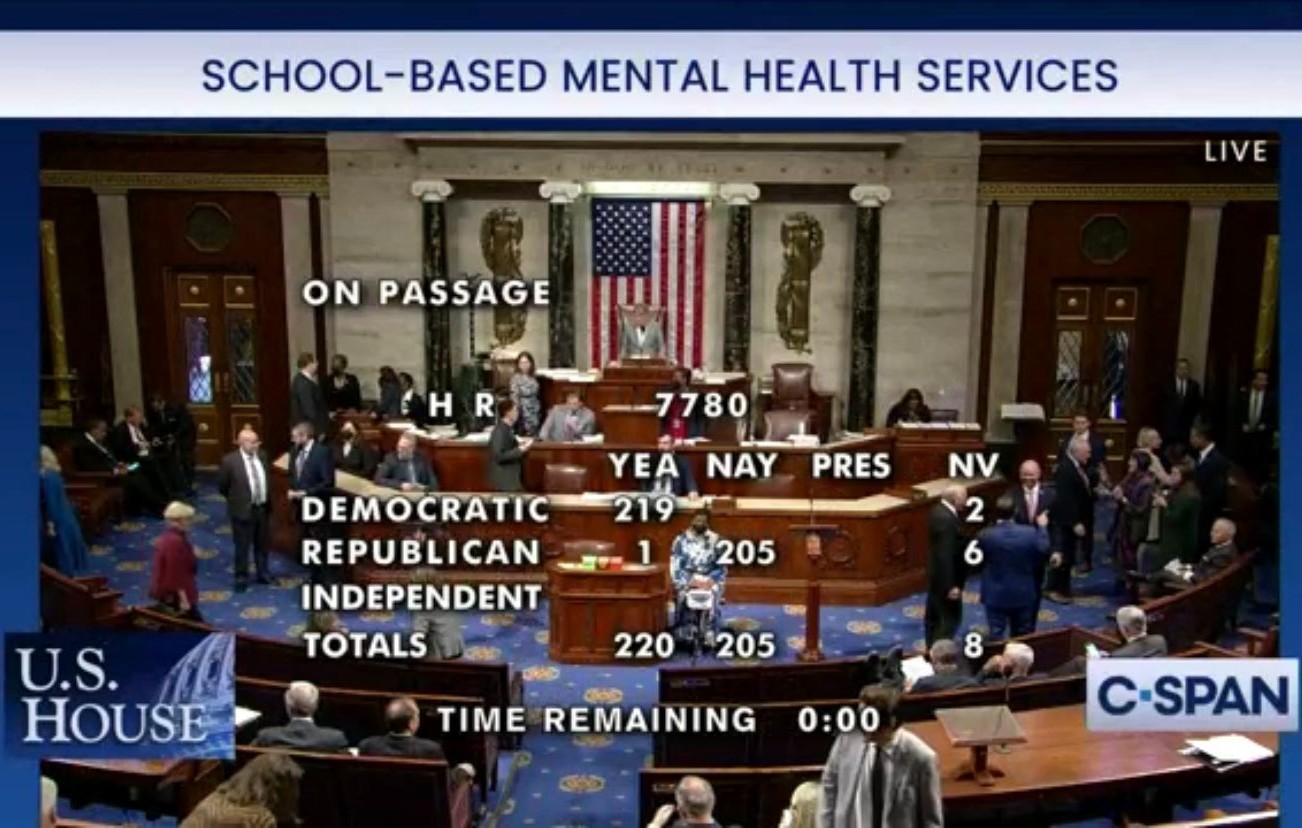I mean this subject requires very little research if you care to rely on facts instead of your biased memory. You're literally blaming Jimmy Carter who tried to fix the burgeoning problem only to have Reagan come in and kill any attempts at progress while laying the groundwork for the crises to come...
Here’s how Reagan’s decision to close mental institutions led to the homelessness crisis
As a psychologist who began practicing nearly 40 years ago, I’ve seen a significant shift in the care of the mentally ill since the mid-1980s — and it hasn’t been for the better. After the deinstitutionalization movement began in California
in the 1960s, many state mental health hospitals closed, forcing many folks who needed a lot of care onto the streets. Without those facilities, many
mentally ill people ended up in jails and prisons which are not set up to provide safe, compassionate care for brain illnesses. But in 1981, when President Ronald Reagan deinstitutionalized the mentally ill and emptied the psychiatric hospitals into so-called “community” clinics, the problem got worse.
Most of those who were deinstitutionalized from the nation’s public psychiatric hospitals were severely mentally ill. Between
50 percent and 60 percent were diagnosed with schizophrenia. The fact that many of these people struggled with various forms of brain dysfunction was not recognized back then. With so many advances in brain science, experts now know that we need to be able to coordinate care in residential facilities, especially if we are housing people at
$4,000 per day in a local medical hospital.
People with severe mental illness need to be supported every step of the way. They need to be housed with compassion and supplied with medications, state of the art brain health therapies, nutritious food that supports brain health and extracurricular activities that give them a chance to live meaningful lives. They need to receive quality care with programs like art and music therapy, equestrian therapy, job training and volunteer opportunities to become actively engaged members of society.
We need to recognize that deinstitutionalization of the mentally ill is one of the primary causes of the rise of homelessness all over our country. Do mentally ill homeless people deserve care, dignity, security, compassion and brain growth? We know the answer is yes.
Reagan sold this plan by twisting the groundbreaking Lanterman Act. The purpose of the Act was to enable the developmentally disabled to live in the least restrictive environment that would at the same time keep them safe.
___________________________________________________
Ron DeSantis breaks with Ronald Reagan on mental health institutions
In Iowa’s Winneshiek County at a
Never Back Down tour stop,
Ron DeSantis criticized a policy imposed by former President
Ronald Reagan.
Asked about gun rights during a Q&A session, DeSantis pivoted to questioning Reagan’s decision in the 1980s to close mental hospitals, which preceded an uptick in the homeless population.
“If you look at what happens at a police station when people are coming into the criminal justice system, there’s a huge percentage of these people that have mental health issues and it’s not even, like, a big shooting that gets all the headlines, just regular crimes. So many people, we used to have more of an institutional process where people would be institutionalized, who couldn’t function in society,” DeSantis said.
“We deinstitutionalized some 30 or 40 years ago. You know, I’m not sure that that was the right thing to do,” DeSantis added. “I see all these homeless in Los Angeles and San Francisco and some of these other liberal cities, they’re doing drugs or doing all this, but their mental health is ultimately the root of this. It’s behavior, it’s not that there’s not enough jobs or anything like that.”
Reagan repealed legislation championed by
Jimmy Carter that supported mental health institutions. The
Mental Health Systems Act authorized grants to public and nonprofit private community mental health centers for operational costs, with an eye toward helping the “chronically mentally ill.” It arose from work during Carter’s single term, via a
presidential commission on mental health.
Reagan instead provided block grants to the states at reduced levels, amounting to 75% to 80% of what they would have gotten under the Carter framework.

 www.foxnews.com
www.foxnews.com


